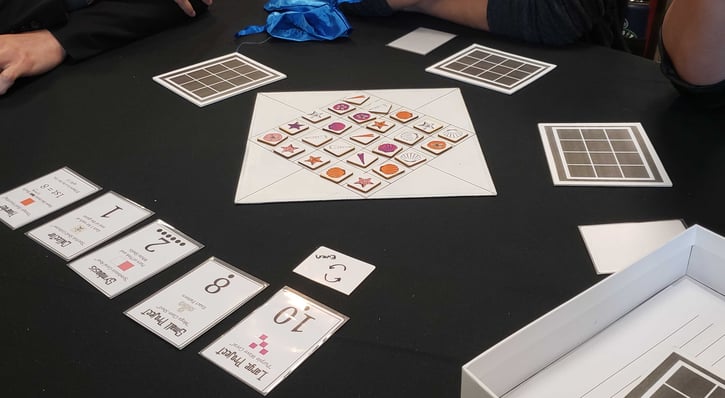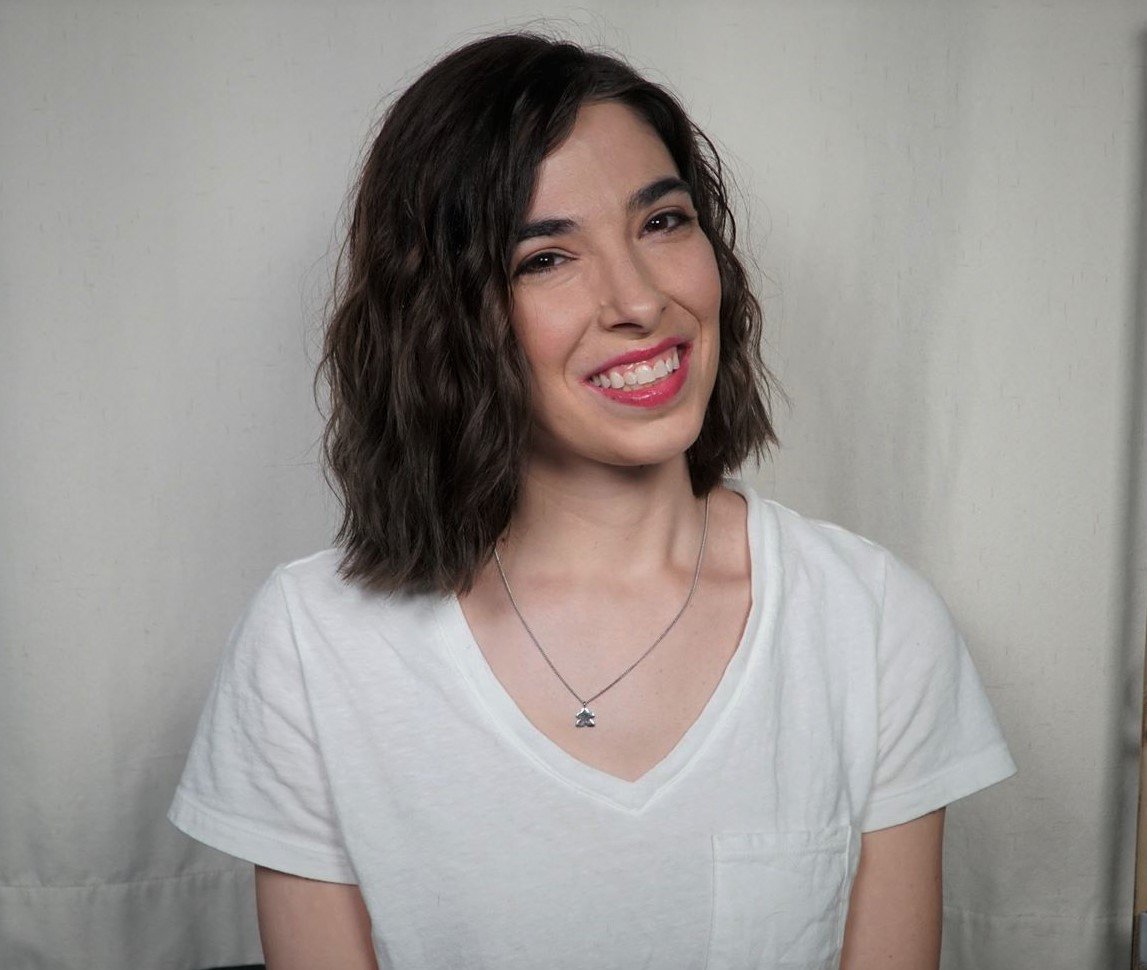
“How many of you are working on your own game design?”
I was surprised to see so many hands in the air. I was at GameSchoolCon last winter, a convention for homeschool families who use (or want to use) games in their curriculum, and I was speaking on one of the panels, “Table Talk with Game Designers."
Amongst the audience were students, parents, and family members. I anticipated more adults would be at this panel to learn how to support their students in game design and project-based learning. To my surprise, there were many adults in the room also interested in how to create a board game on their own. Anyone can be a game designer!
Included on the board game designer panel:
John D. Clair - Designer of Mystic Vale, Edge of Darkness, Custom Heroes, Space Base and Downfall. He is well known for creating a card crafting system as a new game mechanic.
Johnathan Ying - Designer of Star Wars: Imperial Assault, DOOM: The Board Game, Game of Thrones the Trivia Game, Nickelodeon's Splat Attack, and Power Rangers: Heroes of the Grid and Bargain Quest.
De'Von Truvel - Created Black Wall Street The Board Game to increase financial literacy and Black history knowledge in a fun way.
Victoria Cana - In addition to being a Producer at Wizards of the Coast, Victoria independently designed Gladius, a board game funded on Kickstarter this year.
Calli Wright - In addition to helping create the MathMINDs Games series (South of the Sahara available now and more coming soon), I independently designed Moonshell: A Mermaid Game, coming to Kickstarter later this year.
.@GameSchoolCon was cool! I was on a game design panel with @JohnDClair, @Fancymancer, @CalliWrights, & @truehealth4evr. I met @RuelGaviola in person. Met a Laotian designer who’s a big Gladius fan! And I got to demo Gladius to kids and show them women can make great games too 😁 pic.twitter.com/EtEOFUKoc4
— Victoria Caña ✊🏽✊🏾✊🏿 (@victoriacana) February 3, 2020
As the host, John D. Clair led the session through what he considered the stages of board game design: inspiration/conception, prototyping and design, playtesting, and publishing. With the permission of GameSchoolCon, I am sharing some clips and highlights of the conversation below.

Prototype of Moonshell: A Mermaid Game, played at GameSchoolCon 2020.
A lot more was covered in the panel, including more information on playtesting and publishing games, as well as other questions and answers. To listen to the full audio files from this panel and others at GameSchoolCon 2020, join the GameSchool community (it’s free!).
If you are mentoring students in the board game design process, consider entering the K-12 Game-a-thon challenge. Students are challenged to include mathematical concepts in their game design and enter this national competition.

Calli Wright was the Marketing Manager at MIND Research Institute. She loves playing and designing board games, which she often talks about on twitter @CalliWrights.
Comment